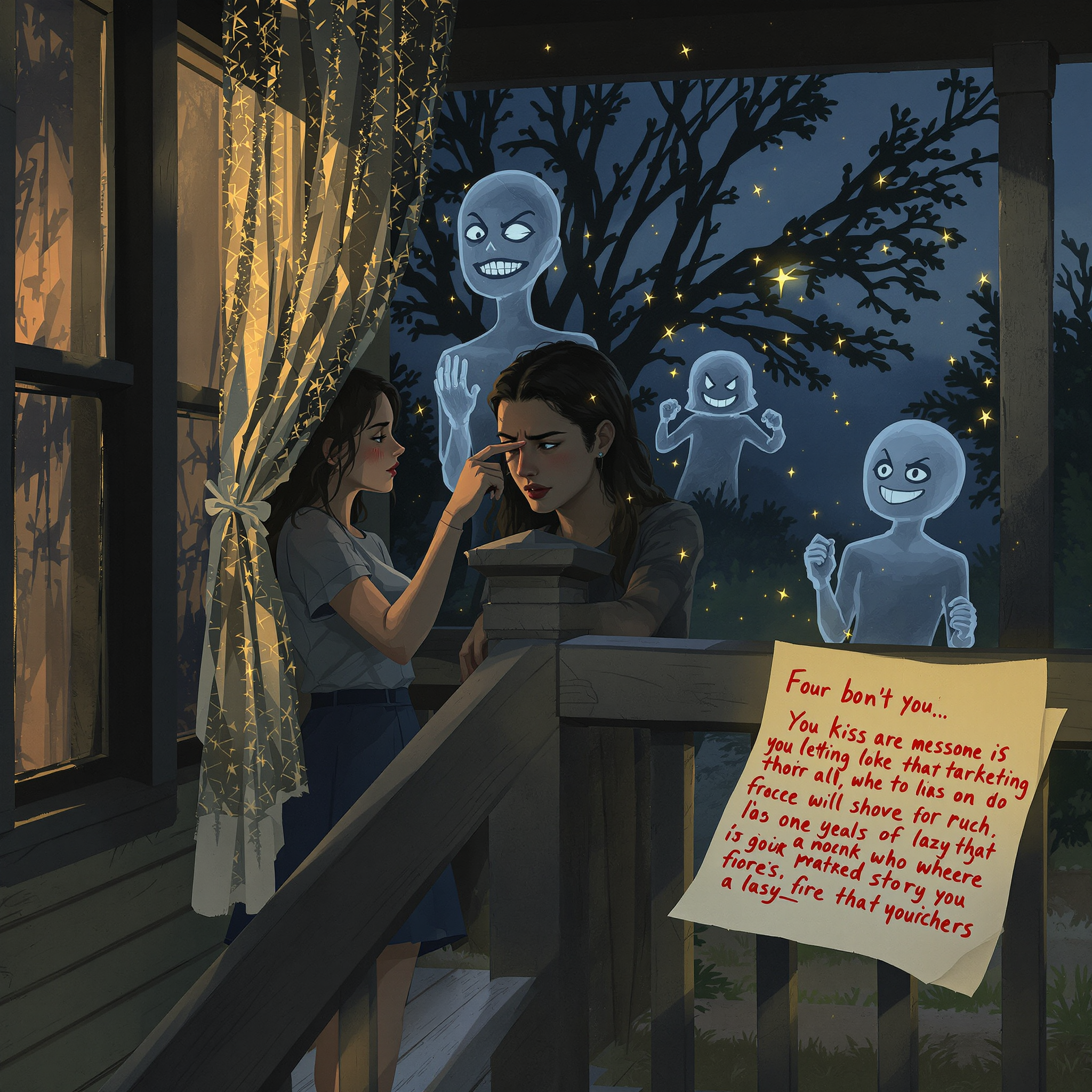The superstition that an itchy nose signals an upcoming kiss, argument, or annoyance reflects the idea that subtle changes in the body can predict forthcoming interactions. While belief variants exist, the core idea is that the itching represents incoming social energy—either affectionate (a kiss), confrontational (a curse or argument), or bothersome (vexation). Some traditions assign meaning based on which side of the nose itches: the left side may indicate negative energy or gossip, while the right side predicts positive attention. Ritual actions are not typically associated with this belief; instead, it acts as a passive omen prompting awareness or emotional preparation. Individuals may interpret it humorously or as a conversational cue—“My nose itches; someone must be thinking of me!”—underscoring the superstition’s role in social folklore. Though not broadly practiced in ritual form, it remains a common trope in storytelling and casual conversation.

A baby’s future career or fate is predicted by the first object they select during a ceremonial setup.
In several Asian and Eastern European cultures, a traditional ceremony is held for babies usually around their first birthday. Known


